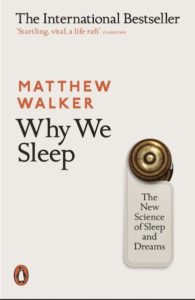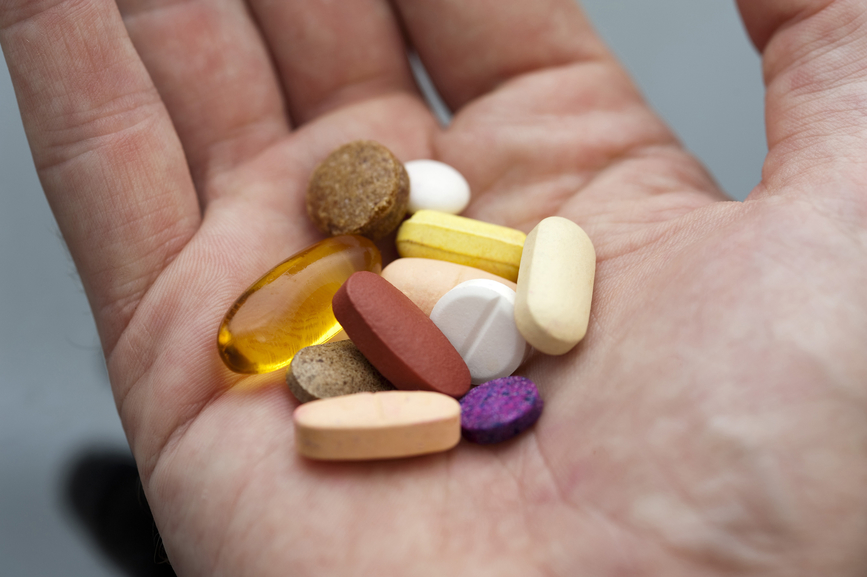It pays to pay attention to your sleep, length and quality of it, after all, we spend nearly a third of our life under the covers!
If you fall asleep in less than 5 minutes of going to bed, you are very likely sleep-deprived. Seems that 10-15 minutes of relaxing before falling asleep is ideal. See 40 sleep facts found in a large scale national sleep research in Australia.
Many studies have shown how a good night’s sleep increases the cardiovascular benefits of a healthy lifestyle, noting that a good night’s sleep can increase the benefits gained from exercise, a healthy diet, moderate alcohol consumption, and non-smoking in their protection against cardiovascular disease (CVD). Short sleep duration has been associated with a higher incidence of obesity, hypertension and with higher levels of blood pressure, total cholesterol, haemoglobin A, and triglycerides, effects which are consistent with the hypothesis that short sleep duration is directly associated with CVD risk.
It also seems that women need more sleep than men, the evidence is mounting up that this is a fact rather than fiction. It is not just the grumpiness that our closest and dearest have to put up with, a 2013 study by Duke University showed how women suffer more than men, both mentally and physically from lack of sleep. As well as a higher risk of heart disease, depression, and psychological problems, sleep-deprived women have extra clotting factors in their blood, which can lead to a stroke. Women also have higher inflammation markers, which indicate developing health problems. As inflammation markers are also linked to pain, sleep expert Dr. Michael Breus explained that women can literally be in more pain when they wake up.
In summary, not getting enough sleep can be detrimental in many ways:
– fatigue leads to accidents, hinders the learning process, causes forgetfulness, and impairs judgment
– sleep deprivation can lead to multiple health issues including CVD, diabetes, stroke, and high blood pressure, cause weight gain, damaged skin, depression, and poor sex drive
– for those concerned about their training gains, lack of sleep or poor sleep quality reduces our aerobic and anaerobic performance and strength therefore directly impacting our sports performance
We all need quality shut-eye to recover from the days’ stresses and to let the body rest and heal during sleep. This is particularly important for athletes who also need adequate sleep to recover and adapt from exercise.
If you don’t manage to get enough sleep at night, try taking strategic naps. However, Dr. Breus warns that those naps should be either 25 minutes or 90 minutes long. According to his findings, any other length will make the snoozer feel worse when they wake.
To improve sleep, ensure you follow basic sleep hygiene rules, and never go to bed hungry. If you feel even a little hungry at bedtime, have a small protein-based snack, such as natural yoghurt with berries or ½ banana. Further considerations include:
– avoid electronic stimulus for one hour prior to sleep, – including TV, computer, iPad
– remove all electronics, including phones from the bedroom, – and in most cases, there is no real need for them to stay on at night either, there are other options for an alarm
– ensure your bedroom is completely dark and not too hot
– relax prior to bedtime, – Epson salt bath (max 20 min) and meditation are good options to try
 If you want to know more about sleep, one of my favorite books on this subject is Matthew Walker’s ‘Why We Sleep’. The book clearly outlines how fundamentally important adequate, quality sleep is to our health and how it impacts our brain, mood, weight, and how it could help to ward off serious disease. While he is a neuroscientist and the book has solid research to support his findings, it is very readable and has become an international bestseller.
If you want to know more about sleep, one of my favorite books on this subject is Matthew Walker’s ‘Why We Sleep’. The book clearly outlines how fundamentally important adequate, quality sleep is to our health and how it impacts our brain, mood, weight, and how it could help to ward off serious disease. While he is a neuroscientist and the book has solid research to support his findings, it is very readable and has become an international bestseller.




0 Comments